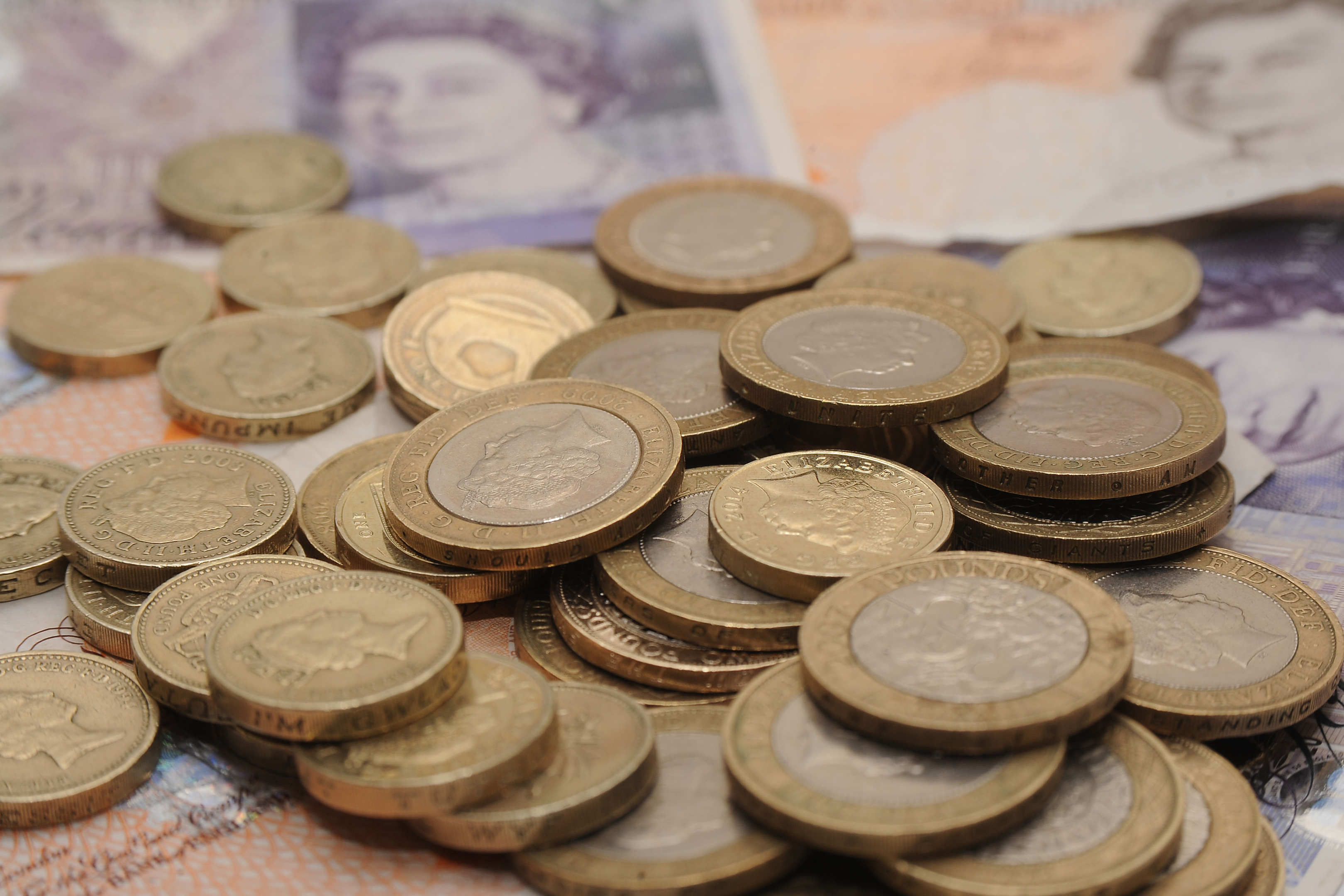
BANKS still need to do more to improve their day-to-day services, particularly when it comes to being clear about fees and charges, according to a customer satisfaction survey.
Which? found several of the biggest banks – such as RBS, NatWest and HSBC – came out bottom of its customer survey, while HSBC’s brand First Direct was rated top.
The consumer group made the findings after asking nearly 5,000 customers to rate various aspects of the service offered by their current account providers.
This included customer service, communication, complaints handling, transparency of charges and penalties, service in branch and telephone, online and mobile banking. Providers were then given an overall score.
RBS came bottom, with an overall customer score of 54%, with HSBC given a score of 56% and NatWest a score of 57%. First Direct regularly tops customer satisfaction surveys, but Which? said it “may not be for everyone” as it does not have physical branches.
An RBS spokesman said: “We are committed to serving our customers and providing them with the best possible service.
“Our award-winning mobile app is helping millions of customers to bank on the move and is highly rated by our customers and by the Which? research.”
Which? found fees and charges are still a “mystery” to many customers, with no provider in the survey given a maximum score.
The consumer group has a campaign called “stop sneaky fees and charges,” which urges financial firms to put an end to hidden and hard-to-compare costs.
The research also suggested that banks’ mobile and online services are improving, with several major providers receiving maximum scores on this aspect of their service.
Vickie Sheriff, Which? director of campaigns and communications, said: “Day-to-day banking is an essential part of life and dealing with your bank should be simple and straightforward.
“While there are positive signs in some areas, such as online and mobile banking, banks have a long way to go in making their prices clear to stop people being hit with unexpected charges. If the banks aren’t doing enough to ensure their penalty fees are fair, it is right that the regulator should step in.”
A recent investigation by the Competition and Markets Authority (CMA) suggested customers often under-estimate how heavily they rely on their overdrafts and complex overdraft charging structures can make it hard to work out whether they could be better off elsewhere.
The Financial Conduct Authority (FCA) is putting overdrafts under the spotlight as part of a probe into the high-cost credit market.
A spokeswoman for the British Bankers’ Association (BBA) said: “Banks compete to attract and retain customers every day. They are also focused on giving their customers the best outcome for the services they provide and have invested heavily in digital technology to alert customers when their account might be slipping into the red to help them to avoid unnecessary fees and charges.
“As part of the CMA review of the retail banking market, banks will continue to work with the FCA to test what more could be done to enhance clarity on fees and charges and implement alerts and prompts to increase customers’ awareness of their overdraft.
“The level of overdraft charges has fallen dramatically, with customers saving nearly £1 billion a year and a number of products now offering fee and interest free facilities within an approved overdraft limit. If you think that you might need to borrow money, speak to your bank to pre-arrange an overdraft facility to be certain that payments will be made and keep borrowing costs down.”
Want to know how your bank ranks?
Here are the overall scores given to banks and building societies following the Which? survey:
First Direct, 85%
Nationwide Building Society, 75%
TSB, 71%
Clydesdale Bank, 69%
Co-operative Bank, 69%
Danske Bank, 68%
Yorkshire Bank, 68%
Tesco Bank, 66%
M&S Bank, 65%
Smile, 65%
Halifax, 64%
Bank of Scotland, 63%
Santander, 62%
Virgin Money, 62%
Lloyds Bank, 59%
Barclays Bank, 58%
NatWest, 57%
HSBC, 56%
RBS, 54%

Enjoy the convenience of having The Sunday Post delivered as a digital ePaper straight to your smartphone, tablet or computer.
Subscribe for only £5.49 a month and enjoy all the benefits of the printed paper as a digital replica.
Subscribe